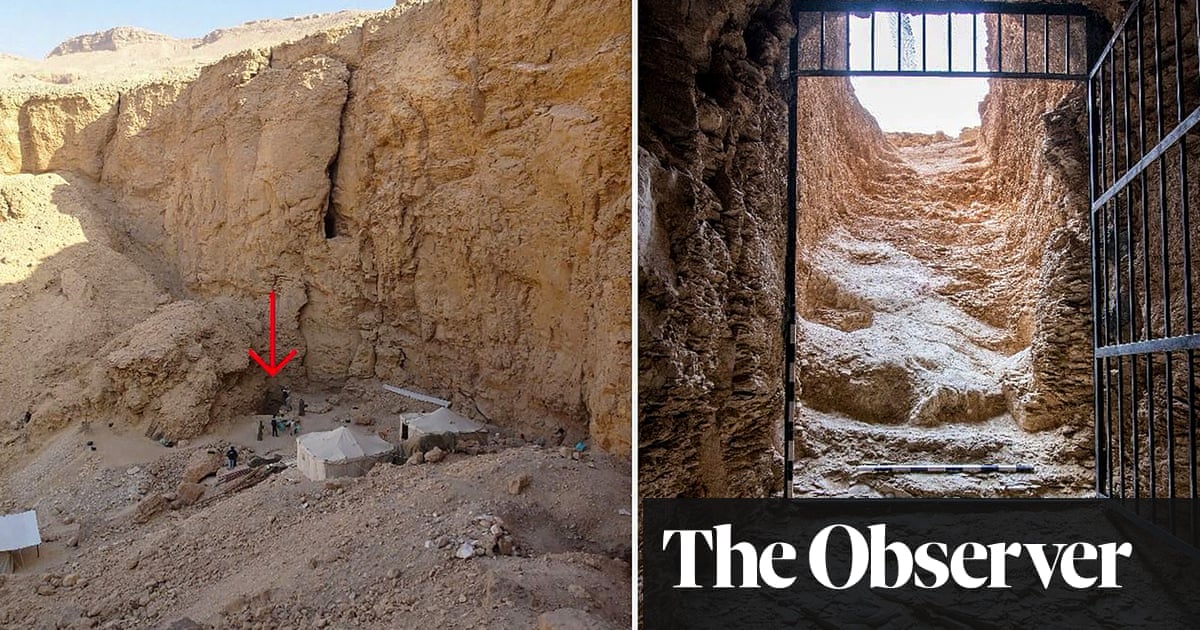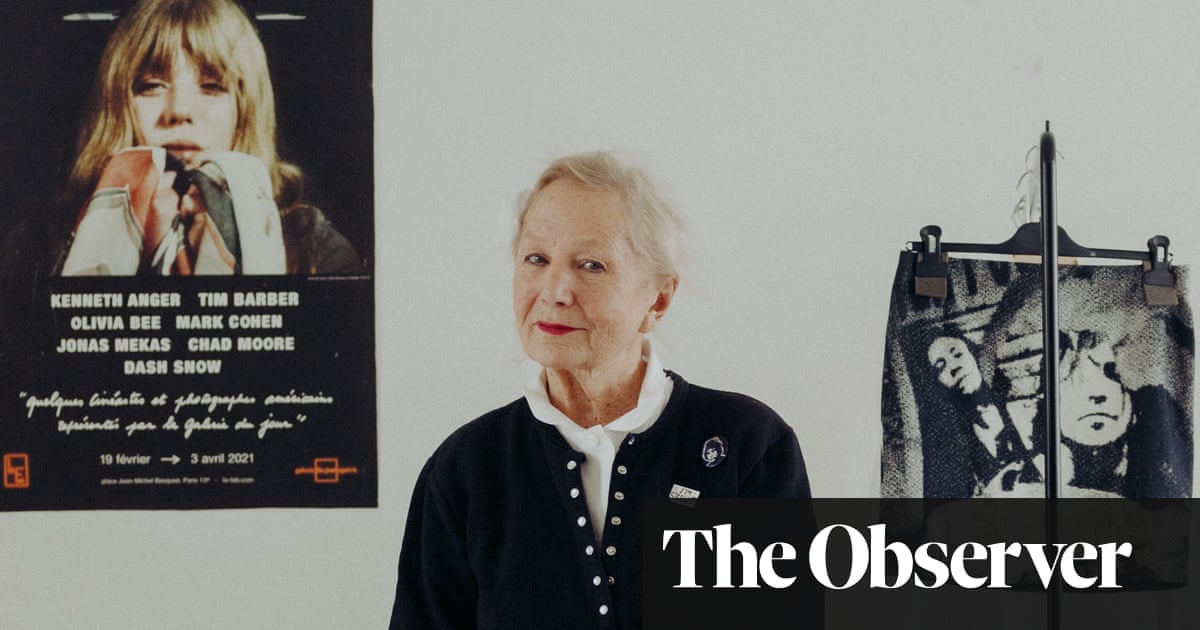Though written in the form of a teleplay, Interior Chinatown, the 2020 National Book Award-winning novel by Charles Yu, is not the most natural fit for the screen. Part surreal exploration of identity, part sendup of Hollywood’s limited view of Asian Americans, it’s a tricky and brilliant balance on the page that doesn’t necessarily translate off it. Yu, a writer for such shows as Westworld and Lodge 49, along with Taika Waititi as executive producer, leads the charge on a dizzyingly circular task: the TV adaptation of his novel in which everyone toils in a TV show. If it sounds too meta, well, that’s both the point and the show’s central flaw – at least, in the first half of 10 episodes made available for critics, which chases its own tail into a criminal conspiracy, TV parody and shows within shows.
Yu has changed some of the book’s narrative, but we’re still focused on Willis Wu (Jimmy O Yang), a frustrated waiter at his uncle Wong’s (Archie Kao) restaurant in a Los Angeles-ish Chinatown and a perpetual background actor in Black and White, the Law & Order-spoof crime drama filmed there. Though he dreams of being a kung fu guy like his long-missing older brother (Chris Pang), Willis has only a measly range of options available; at best, as he tells his aimless best friend and co-worker Fatty Choi (Ronny Chieng) in the first scene, if you’re in the first scene of a show, you’re either a victim or a witness.
Willis does witness a crime. Or, maybe there was a crime – though Waititi and a stable of directors including Jaffar Mahmood, John Lee and Alice Wu employ various delineating techniques (shifts in lighting and music, altered perspectives), the line between surreality and reality, Willis’s imagination and the real world, remains blurry at best.
But broadly, the kidnapping of a nail salon worker in Chinatown by a maybe gang – a nebulous crime spree in a minority neighborhood being, of course, a classic staple of American crime television – breaks Willis out of his background silo and into the main cast of characters. He’s still too small-time, too Generic Asian Man, to be perceived by detectives Turner (Sullivan Jones) and Green (Lisa Gilroy), the satirically suave stars of Black & White, but he does connect with detective Lana Lee (Chloe Bennet), a department transfer who, owing to her heritage, is relegated to Sidekick and Chinatown Expert. Lee, trying to assume the role of lead detective with nagging insecurities of her own, promises to help Willis be the hero by reopening the long-cold investigation into his beloved brother’s disappearance – a tragedy that condemned Willis to the role of perpetually disappointing younger son and shattered his Taiwanese immigrant parents (the underused Diana Lin and Tzi Ma).
The plot details, stakes and time period – Interior Chinatown appears to be set around the millennium, a time of corded phones and boxy cars, but there’s also a hard seltzer ad soundtracked by the 2000 trance hit Sandstorm – are, like the various tropes the show skewers, both fixed and malleable to the more important story. Each episode takes on the feel of a video game, as Willis, the reluctant but desperate protagonist, literally unlocks new levels of mobility by assuming stereotyped roles: delivery guy, tech guy, so forth. This can make for cerebral viewing, if not especially propulsive television. Stylized martial arts and SVU send-ups aside, the show’s surreal meta-ness, is an admirable gambit that, stretched over episodes, saps momentum.
It gains plenty back, however, in the more directly lived-in scenes of SRO (single room occupancy) housing above the restaurant, where Willis, his parents, Fatty and their friends party, bicker, stew and heal. These scenes, which flow seamlessly between English and Mandarin, serve as crucial reality grounding for a series that can feel more like thought exercise – how do you adapt this? – than a story of people. Yang, who wears the exhaustion and determination of an actor long waiting for his shot, is an endearing and believably jaded protagonist. But the real standout is Chieng, a longtime Daily Show correspondent with the combative comic timing to show for it.
This dense thicket of imagination, parody and allegory will probably make more sense to those who have read the book first. To everyone else, Interior Chinatown contains, I suspect, two too many bends in the maze to wind through 10 roughly 45-minute episodes. It’s a provocative and at times genuinely entertaining exploration of how the stories we’ve been told shape how we think – the irony so well layered that, ironically, it gets in the way of itself.
-
Interior Chinatown is now available on Hulu in the US and Disney+ elsewhere

 3 months ago
59
3 months ago
59













































